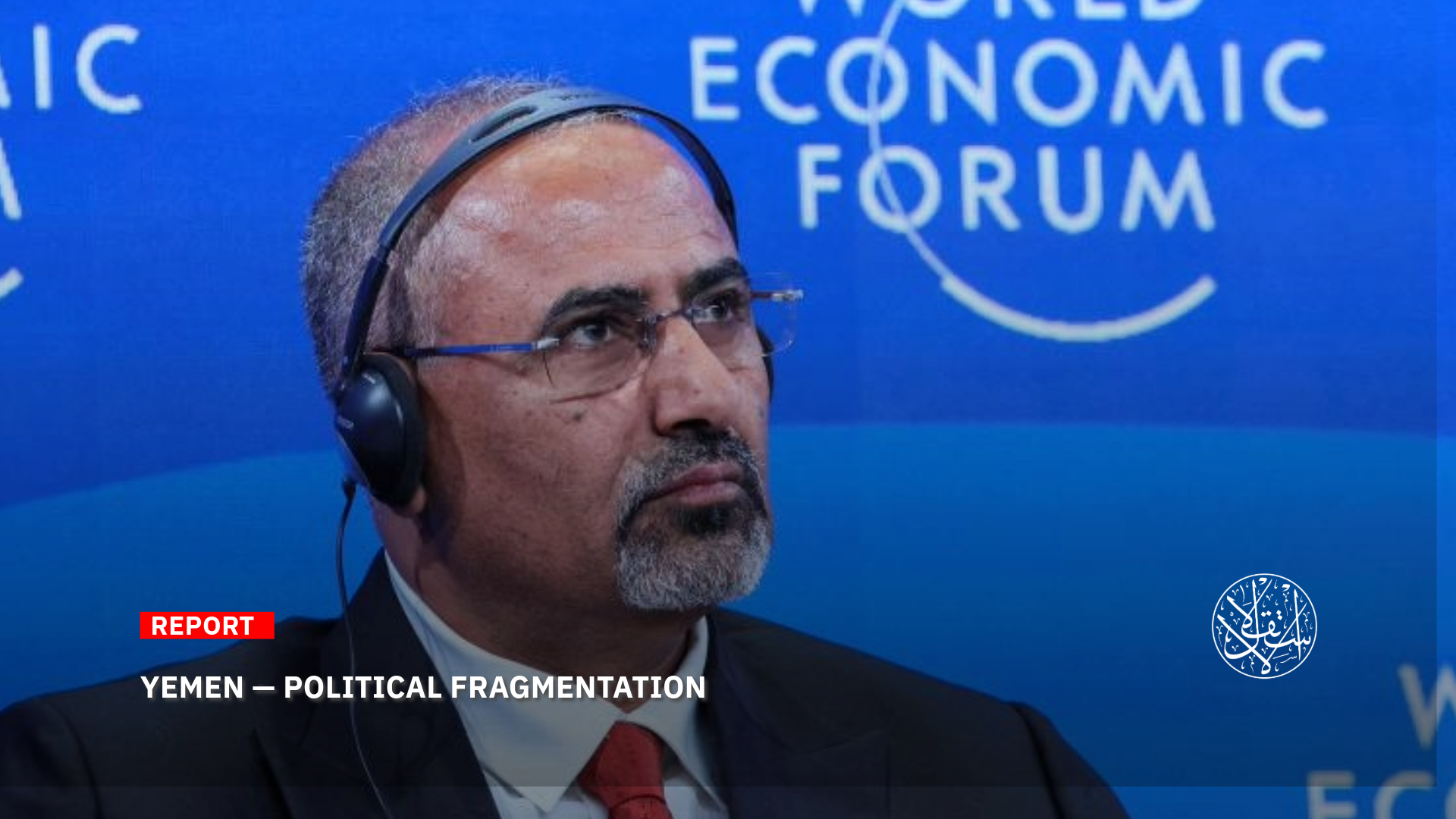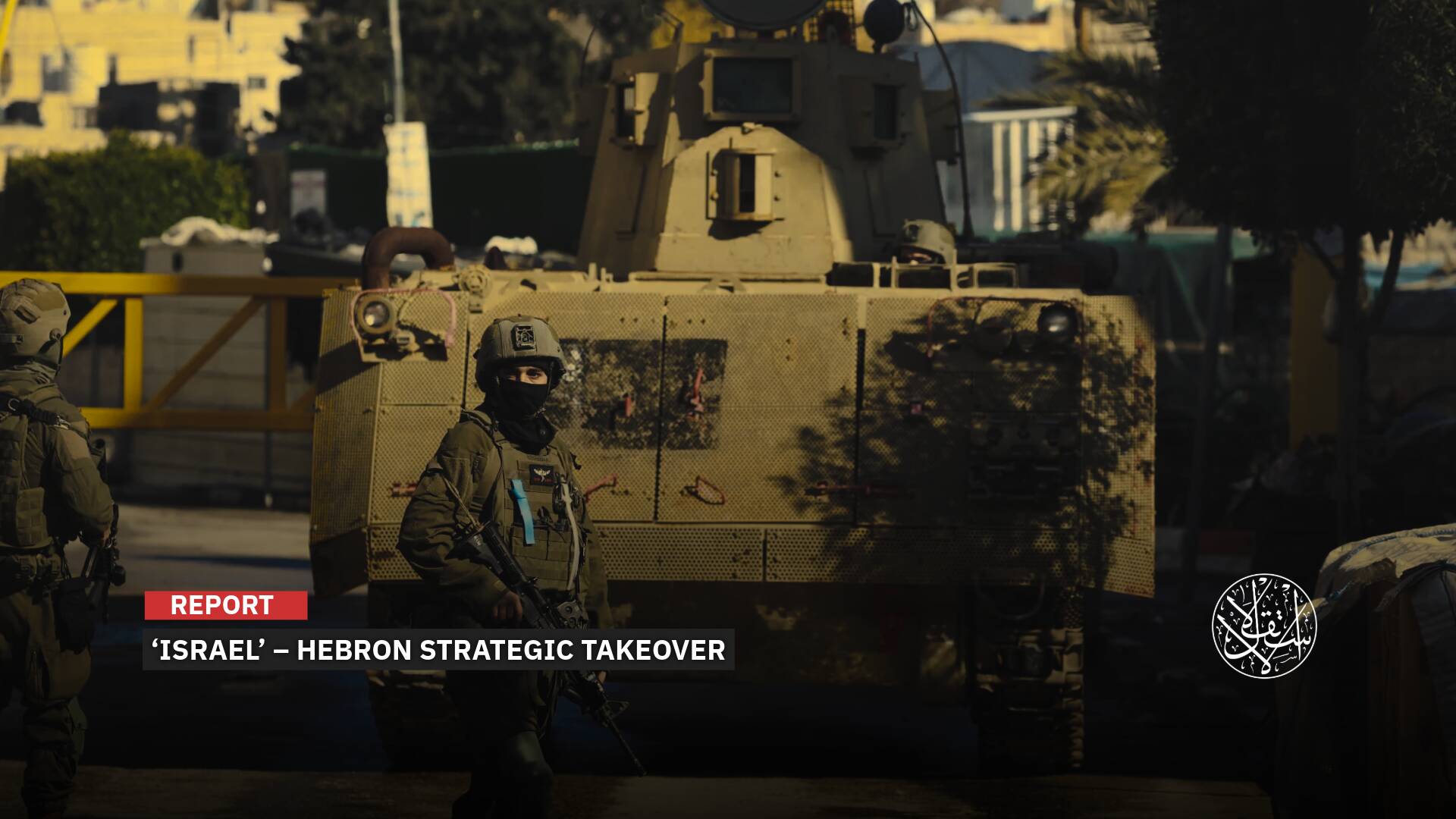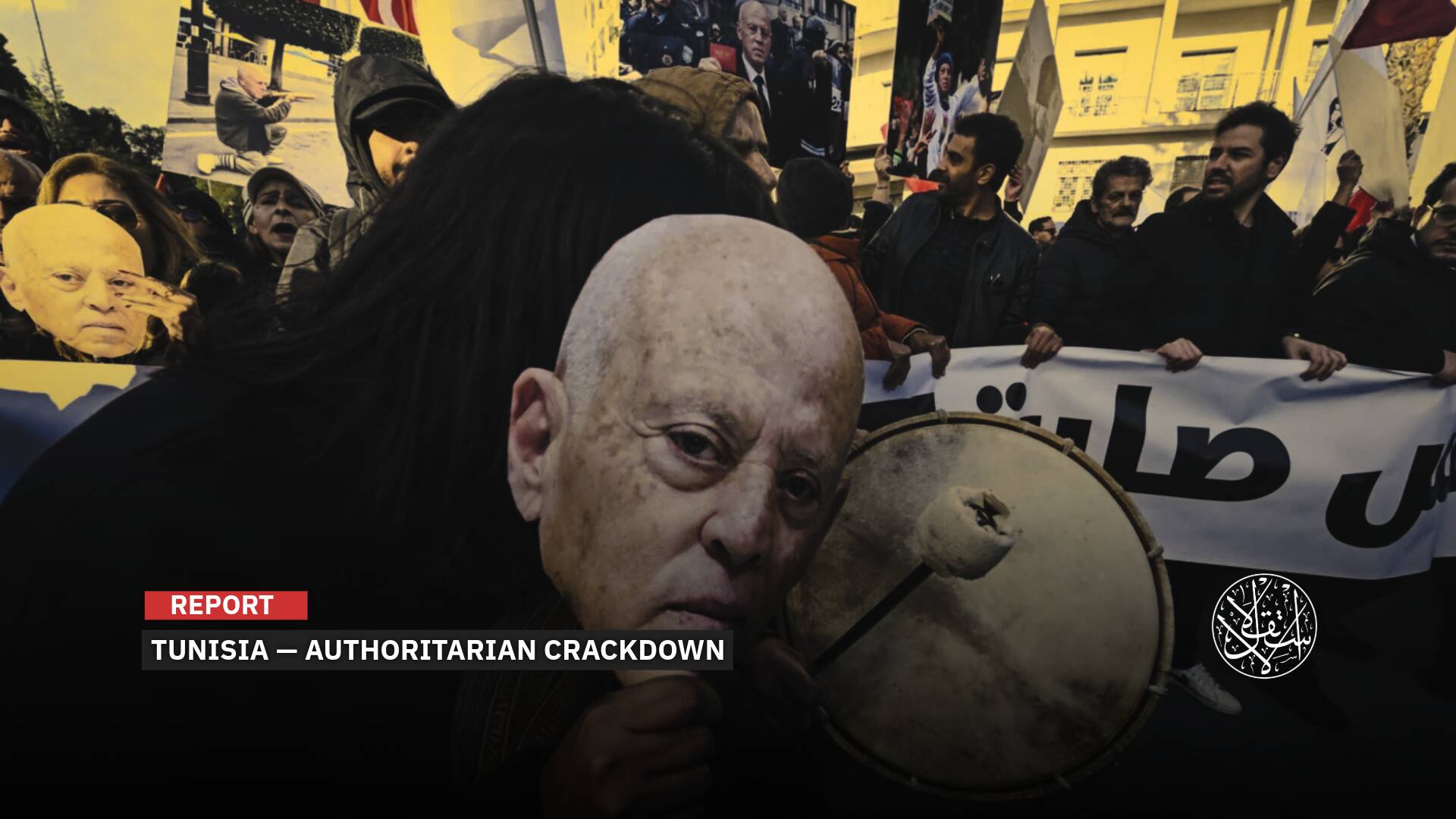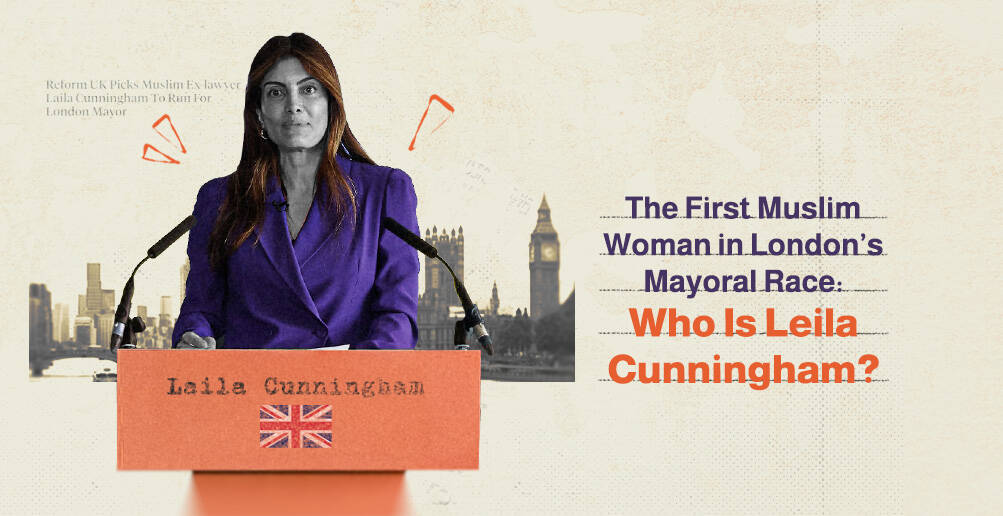The Gulf Cooperation Council's Support for Parallel Entities Threatens Yemen's Legitimate Authority

Those who support legitimacy should not compete with it or act as an alternative to it.
The Gulf Cooperation Council’s unprecedented acknowledgment of supporting parallel entities to Yemen’s legitimate government has raised urgent questions about the implications of such a move.
This comes at a time when the Presidential Leadership Council exists, comprising figures who represent a broad spectrum of the political landscape.
The Presidential Leadership Council, Yemen’s highest internationally recognized legitimate authority, is chaired by Rashad al-Alimi and includes seven vice presidents: Sultan Ali al-Aradah, Tariq Muhammad Saleh, Abdulrahman Al-Mahrimi, Abdullah al-Alimi, Othman Majali, Aidrous al-Zubaidi, and Faraj al-Bahsani.
GCC's Legitimacy Threatened
In a statement issued on March 7, 2025, the final communique from the Gulf Cooperation Council’s ministerial meeting, held in Saudi Arabia, reiterated “full support for the Presidential Leadership Council, chaired by His Excellency Dr. Rashad Mohamed al-Alimi, and the entities backing it to achieve security and stability in Yemen.”
What sets this latest statement from the Gulf Cooperation Council apart from previous ones is the inclusion of the phrase "the entities supporting it," a move that Yemeni observers have interpreted as a dangerous development, signaling the potential dissolution of Yemen's internationally recognized legitimacy.
Commenting on the statement, Yemeni writer Yassin al-Tamimi said, “There is a dangerous and regrettable regional shift driven by influential powers in the Yemen file, towards entertaining the possibility of the disintegration of legitimate authority and reallocating its legitimacy to de facto powers, as revealed in the Gulf Cooperation Council foreign ministers' meeting statement.”
In an article published by Arabi 21 on March 9, al-Tamimi stressed that the danger lies in the phrase "and the entities supporting it," as it grants parallel legitimacy to groups, some of which adopt a separatist agenda not only politically, but geographically as well. This, he argued, effectively poses an existential threat to the state led by Rashad al-Alimi, whose authority was explicitly endorsed in the Gulf Cooperation Council's statement.
Al-Tamimi argued that the danger now extends beyond the Houthi militia insurgency and its regional and international intersections.
It also includes the self-serving re-engineering of Yemen’s present and future by powerful regional states, which are, unfortunately, capitalizing on the current paralysis of Yemen’s state institutions.
The writer concluded that the inevitable outcome is that, as of March 2025, Yemen will enter a new phase of political and economic stagnation that will severely undermine the capacity of the authorities in control.
"This will leave them with little more than the ability to fight with whatever resources are available, especially if Washington and London succeed in fulfilling their promises to establish a monitoring mechanism on the flow of arms and military aid to the Houthi militia," he added.
Among the most notable formations that parallel the legitimacy of the Yemeni government is the "Southern Transitional Council," led by Aidrous al-Zubaidi, which is Emirati-backed and advocates for the separation of South Yemen. This is in addition to other military formations that receive support from both Abu Dhabi and Riyadh, yet remain outside the control of Yemen's official authorities.

Fragmented Authority
In his analysis of the Gulf statement, Yemeni political analyst Abdul-Baqi Shamsan argued that “there are shifts in the geography of conflict across the region, whether in Sudan, Lebanon, or Syria, where the state and legitimacy are beginning to dominate. These developments have led the Gulf Cooperation Council to try to maintain its influence over the geopolitical landscape of Yemen.”
"The Presidential Leadership Council in Yemen is theoretically the legitimate authority, but when we examine its components and its rightful ability to exercise sovereignty, it becomes clear that this diverse body acts as a collective agent for regional powers, rather than representing the aspirations of the Yemeni people," Shamsan told Al-Estiklal.
"The regional powers have not only created a dysfunctional and disjointed council, stripped of its inherent right to exercise sovereignty, but they have also established parallel entities to ensure their dominance in Yemen's political landscape and geography."
"The Gulf Cooperation Council's decision is a preemptive move in light of potential scenarios, particularly if there is a shift towards the legitimate authority regaining control over the entire Yemeni geography — meaning, if there is an international push to end the Houthi militia rebellion and empower the legitimate government to enforce the law."
"These regional powers are legitimizing these entities, despite the fact that they operate under the guise of legitimacy but do not truly belong to it. Essentially, this is a legitimization of regional interests rather than the entities themselves, which explains the use of the word 'supporting' the legitimate authority."
"When the regional powers intervened in Yemen, they had clear objectives: to end the Houthi militia coup and restore the legitimate authority. However, it is now impossible for these powers to talk about those goals while, at the same time, supporting and backing other parallel entities."
"Those who support legitimate authority should not compete with it or act as an alternative. Instead, they should work under its authority and in accordance with the rule of law. Therefore, the decision by the Gulf Cooperation Council aims to preserve the influence of the competing regional powers."
"There is, as yet, no Yemeni group capable of speaking on behalf of the state, nor one that can engage with these factions to determine whether a group is legitimate or supportive. This responsibility remains solely with the Presidential Council, which is the only entity with the authority to do so," Shamsan noted.
The Yemeni expert warned of the dangers of the Gulf decision, stating that "when we refer to entities supporting the legitimate authority but not fully integrated into it, this signifies a fragmentation of Yemen’s political and sovereign actions, now controlled by regional powers with conflicting interests, rather than the legitimate authority that represents the Yemeni people."
"If the United States decides to enforce the legitimate authority in Yemen, these regional powers will comply and support a unified option, as the battlefield in Yemen is ultimately dictated by the regional states."
"The talk of supporting entities refers to the carving up of significant portions of the legitimate authority. In practice, some are making decisions and establishing a presence in place of legitimate authority. This is fragmentation and weakening of power under the guise of support."
"The legitimate authority initially stood against the Houthi militia, then part of it was ceded to the Southern Transitional Council, and now other entities are being legitimized, carving out a substantial portion of the authority. This means there are entities that support a theoretical authority, not a practical one," he concluded.

‘Foreign Terrorist Organizations’
Upon his return to the White House, U.S. President Donald Trump placed the Yemeni Houthis on the list of "Foreign Terrorist Organizations" (FTO), a move that came as the Iranian axis in the region weakened, particularly after the decimation of Hezbollah in Lebanon and the overthrow of Bashar al-Assad's regime in Syria.
On January 22, 2025, Donald Trump signed an executive order reinstating the Houthis as a "Foreign Terrorist Organization," a designation that had been lifted by his predecessor, President Joe Biden, who had reversed Trump's decision during his first term in 2021.
However, following the outbreak of Operation al-Aqsa Flood on October 7, 2023, and the Houthis' involvement in the confrontation with "Israel"—allegedly in support of Palestinians—by targeting commercial ships in the Red Sea and Gulf of Aden, Biden reclassified them in 2024 under the "Specially Designated Global Terrorists" (SDGT) list.
This latest designation focuses on freezing assets and banning financial transactions, making it more of an economic step managed by the U.S. Treasury, with some exceptions allowing for humanitarian aid.
The "Foreign Terrorist Organization" (FTO) list, on the other hand, also includes asset freezes and transaction bans, but it imposes much harsher penalties on those attempting to bypass these measures, typically issued by the U.S. Department of State.
The head of Yemen’s internationally recognized government, Ahmed Awad bin Mubarak, praised the decision to re-list the Houthis as a terrorist organization, emphasizing that "the lack of pressure on them has prolonged the crisis in Yemen for more than a decade."
In a television interview on January 24, he described the move as "a step in the right direction," sending "a clear and very important message" from the international community and the United States to exert pressure on the group.

Bin Mubarak stressed the need to approach Yemen’s crisis from a "comprehensive perspective—political, security, and economic, not just humanitarian."
He asserted that the decision serves as "a legal and economic tool to isolate Iran’s terrorist proxies in the region," adding that it "could exert real pressure on the Houthis," as reported by the official Yemeni news agency Saba on January 26.
In contrast, the Houthi group condemned their re-designation as a "foreign terrorist organization," stating that "this decision will only strengthen our resolve and steadfastness in defending the truth, particularly the right of the Yemeni Republic to liberation, independence, and sovereignty over its entire territory, as well as standing with the oppressed."
In a statement, they argued that "this old-new decision undermines stability in the region and the peace efforts led by the United Nations to achieve a just and honorable peace for the Yemeni people."
On September 21, 2014, the Iran-backed Houthi group staged a coup against the legitimate government of Yemen, seizing control of Sanaa and other cities.
This marked the beginning of a spiral of violence, particularly after a Saudi-led Arab coalition intervened in 2015 to support the internationally recognized government.











